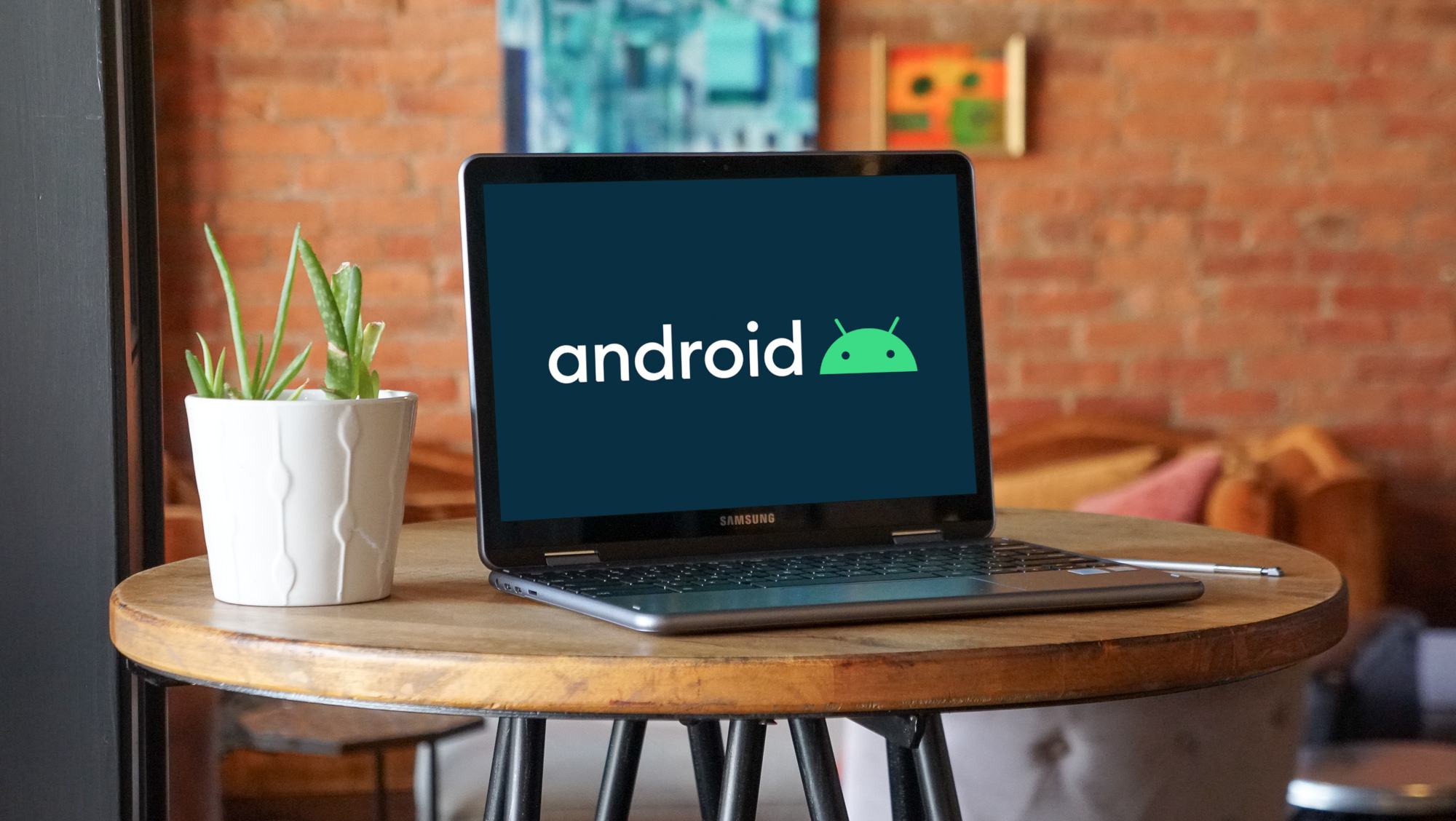
Just last week on The Chrome Cast, we were discussing a mysterious new version of the Android container that has been in the works for a long time over in the Chromium Repositories. We didn’t talk long as I’ve had trouble narrowing down exactly why this newer way of running Android on Chromebooks was even being worked on or what it was for. Thanks to a bit of sleuthing by Kyle Bradshaw over at 9to5 Google, it turns out we’re in for a pretty big overhaul for Android apps on Chromebooks and it will all begin with Android 11.
First up, let’s cover the devices slated to get Android 11 (also known as Android R) for sure. Just a month ago, a new project began in the repositories and is internally referenced as eve-arc-r. If you follow along around here, all those things at least ring a bell. ‘Eve’ is the codename for the Pixelbook (a device still widely used as an internal development tool), ‘ARC’ is an acronym for Android Runtime for Chrome, and R is in reference to the next version of Android we will see later in 2020. With this in place, it is clear Google is already hard at work bringing Android 11 over to Chrome OS.
Additionally, there are other included references to ‘RVC’ by the same developer responsible for the eve-arc-r development, and it appears that this is the internal codename for Android 11, much like ‘QT’ was the development name for Android 10 last time around. What these letters mean isn’t really important, but knowing to keep an eye out for this naming in the future will help us keep a close eye on this development.
For now, it looks like the Pixelbook isn’t the only device getting prepped for Android 11. It looks like two new development setups are being put together for both ‘Kukui’ and ‘Hatch’. This should come as little surprise as these are the boards that will be responsible for nearly all the new Chromebooks in 2020. The current headliners birthed from these boards are the Samsung Galaxy Chromebook, the ASUS Chromebook Flip C436, and the Lenovo IdeaPad Duet Chromebook. I would assume we’ll see other big name boards like ‘Nami’ (responsible for the HP x360, Dell Inspiron, Lenovo Yoga, Acer Spin 13 and more) and ‘Atlas’ (Pixelbook Go) join these ranks, but for now the effort is all focused on ‘Eve’, ‘Hatch’ and ‘Kukui’.
Changes to Android on Chrome OS
Possibly just as big of a deal is the clarity Kyle’s article brought to the mysterious ARCVM that has been in the Chromium Repositories for many months at this point. ARCVM’s abilities have been clear for some time, basically using what the Chrome team has learned from Crostini (Linux apps on in a virtual machine on Chromebooks) and applying it to the way Android is delivered on Chrome OS. Right now, the version of Android that runs on Chromebooks (ARC++) is in a container, but it runs on the same kernel as Chrome OS. This presents limitation and potential security risks to Chrome OS that the Crostini method simply avoids. It appears that this older way of running Android apps on Chromebooks will come to an end with Android 10 and will not be used on Android 11.
Shop Pixel Slate Deals on Chrome Shop
With ARCVM, Android will be run in a separate virtual machine just like Debian Buster is running right now in Chrome OS. This change will mitigate tons of the security issues that the current method constantly struggles with. Take side-loading Android apps as an example. Users are forced to put their Chromebooks in a far less-safe Developer mode to allow the Android container to side-load applications, and that is a far greater risk than necessary. With ARCVM, things like side-loading apps will be on the level of discretion we currently see on Android phones: at your own risk, but not forcing users to open the floodgates just to try an app out.
We’re actively tracking all we can on this new way of delivering Android, but my gut tells me this should make for an even more stable experience for Android app compatibility in the long run. Just like with Linux apps on Chrome OS, there should be greater flexibility for the ARCVM container to leverage all that Android is capable of. And, who knows? Perhaps the Android team has built in a few goodies that are tailor made for delivering apps via virtual machines that will help make this entire ARCVM effort work in a much more seamless way on Chrome OS. Just know that we’ll be keeping our eyes on this over the next few months as things develop and we’ll find a way to test it all out the minute we can.


Leave a Reply
You must be logged in to post a comment.